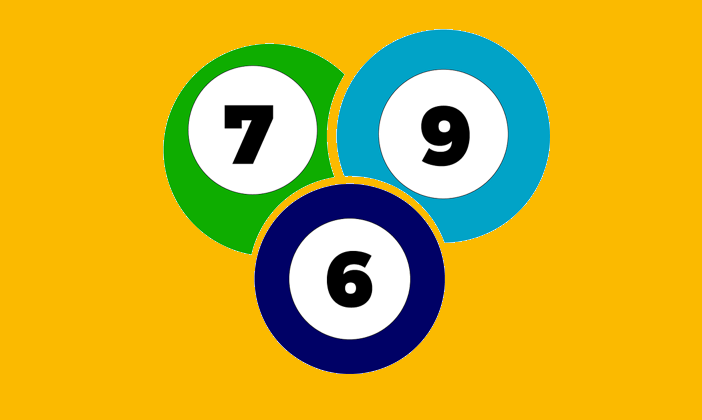The history of lotteries
/Lotteries can be found in countries all around the world, with popular lotteries running in the United States, United Kingdom, Spain, Australia, Canada, Malaysia, Mexico and India. In some of these countries, they are relatively new. For example, the National Lottery in the United Kingdom didn’t start until 1994.
However, lotteries have a much longer history, with some evidence suggested lotteries were run in China around 200 BC during the Han Dynasty. It is also proven that lotteries were commonplace in the Roman Empire, with both small private lotteries run for guests and parties and a national lottery where tickets were sold to the general public.
One such Roman lottery was organised by Emperor Augustus Caesar, who used the funds that the lottery generated to help pay for repairs to infrastructure in Rome. Unlike modern lotteries though, the winners did not receive cash prizes.
The First Cash Lotteries
The first recorded lotteries that had both a prize that was given in money, and tickets that were offered for sale to the general public. These were in what is now Belgium and The Netherlands in the 15th century.
These again were often used to help raise funds for local projects, such as a 1445 lottery in L’Ecluse which helped to pay for the construction of walls and fortifications around the town. They were seen by local government officials as a popular form of taxation.
The Birth on Number Lotteries
Similar lotteries also took place in Italy, with the first being in Milan in January 1449, and many more taking place around the country shortly afterwards. It was the Italian city of Genoa that developed the modern number-based lottery that is commonplace today.
Widespread Use
By the 16th century lotteries were being used right across Europe and the United States. National lotteries were being organised to help fund public projects, including one sanctioned by Queen Elizabeth I of England who used it to raise funds to “strengthen the Realme”. An “English State Lottery” operated in the country for more than 250 years, although the operation of it was sometimes contracted to private entities.
However, it wasn’t just governments that issued them. Private companies noticed they could be used to help raise funds for their own projects.
Modern lotteries can be played on your mobile.
The Internet and Mobile
In the mid to late nineties, online gaming began to take off thanks to the prevalence of the internet and computers in the homes of consumers. This saw the launch of a wave of companies offering casino games, poker, bingo, and lotteries online. In fact, the first-ever iGaming website to launch was a lottery-based in Switzerland.
Since then, smartphones have also made it easy for consumers to play these games from their phones. For example, it is now possible to play card games like poker on the go through apps that are optimised for Android and iOS devices. Many major lotteries also allow their customers to buy tickets from their mobile devices, meaning they don't have to take a trip to a shop.
Postcode Lotteries
Aside from the typical format of numbers being selected at random, some lotteries around the world have taken a different approach. In several European countries, it is possible to enter a “postcode/zip code lottery”, where a winner is selected from a pool of postcodes.
This means that several people on the same street can share the prize, depending on how many bought tickets.
Some advocates of this format say that connecting entries to a person’s postcode can make the lottery more personal, while others disagree, arguing that “favourite numbers” have the same effect.
Raising Funds
While the format of lotteries can vary, the general premise typically remains the same. Most are used to raise funds for public projects in some more. This has been the case since the lotteries of the Roman Empire, and is still true today.
For example, the UK’s National Lottery splits its revenue like this:
50% for prizes
5% to cover operating costs
5% to retailers that sell tickets
12% given to the UK government
28% + unclaimed prizes distributed to “good causes”
Since entries are voluntary, and many people enjoy the thrill, it is likely that lotteries will continue to be used for this purpose for the foreseeable future.







































